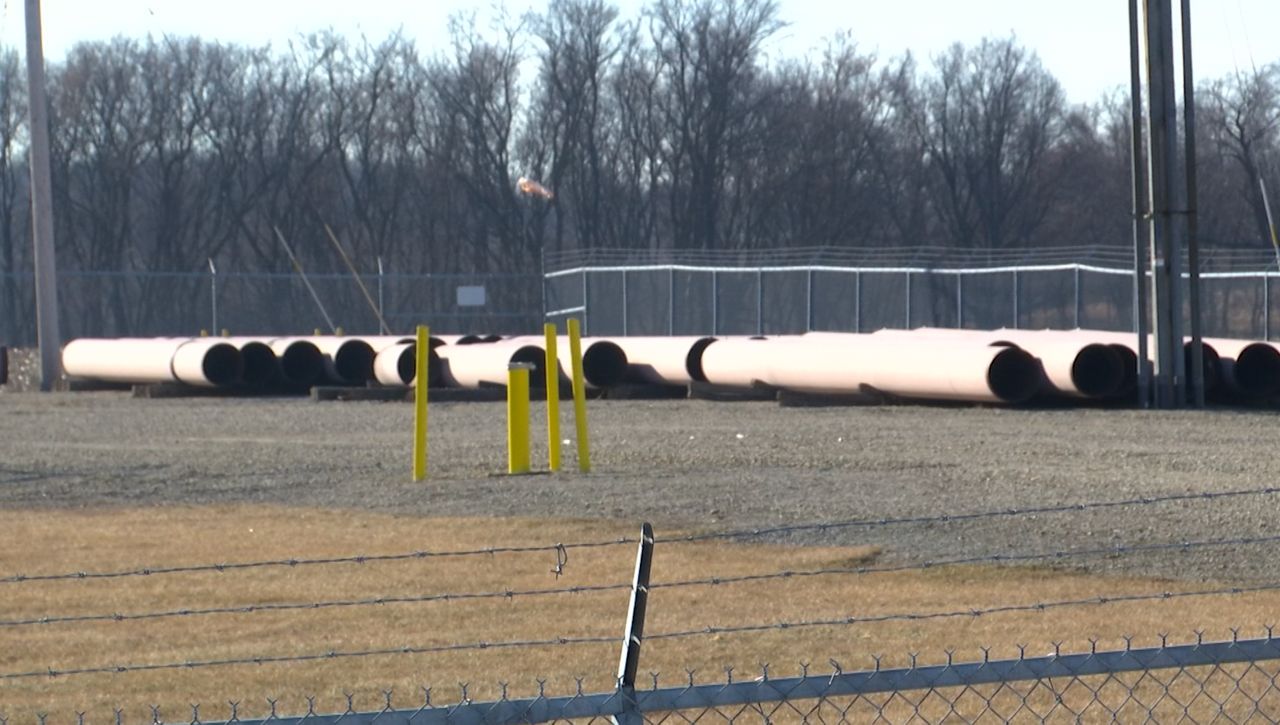OAKLAND, Wis. — While Enbridge Energy continues to clean up its oil spill in Jefferson County, one environmental group still has concerns.
Enbridge Energy first reported an oil spill at their Cambridge Station in November. Since then, the company said they have cleaned up more than 60% of it.
The company also said that a failed gasket installed in the 70s led to the spill of about 70,000 gallons of crude oil. It occurred underground.
However, both Enbridge and the Department of Natural Resources said the spill has not contaminated any of the residential water wells nearby.
“We have a potable water well on our property because we have a bathroom and a sink and an office on that site and there is no contamination on that either,” said Paul Eberth, Enbridge director of operations for Midwest region.
Amanda Langer is the president of Sustain Jefferson, an environmental group based in Jefferson County focused on promoting environmental health.
Langer said this spill shows why more pipeline projects like Line 5 in Superior shouldn’t move forward.
“These pipelines were from 1975 and seeing that they weren’t updated until something was going wrong concerns me,” said Langer. “Putting in new ones doesn’t seem like an infrastructure we should be trusting, especially in our delicate areas.”
Enbridge Energy said following the spill, it has been checking its older equipment to prevent this from happening again.

“Pipelines remain the safest mode to transport crude oil that we all use every day,” said Eberth. “It’s critical to our way of life. The incident isn’t acceptable. It’s not acceptable to Enbridge. This shouldn’t happen, but we are taking all steps to address it.”
The DNR said more than 100 oil spills are reported to them each year. However, the agency said they only make them public knowledge when there is potential harm to the public.
In this case, this spill in Jefferson County was first reported at 2 gallons in November, but that number changed a month later.
“Once the department was notified that the discharge from the station was much larger than originally notified, we took proactive steps to start notifying, making more of that public knowledge,” said Trevor Nobile, DNR field operations director.
Langer said there is a lesson to be learned here.
“I hope that after looking at this spill and just the amount of soil, the amount of oil that was spilled, it helps us realize that we need to be putting more of our future energy dependence on renewable energy and renewable resources and moving away from stuff that has the potential to poison our land and our water and our soil,” said Langer.



